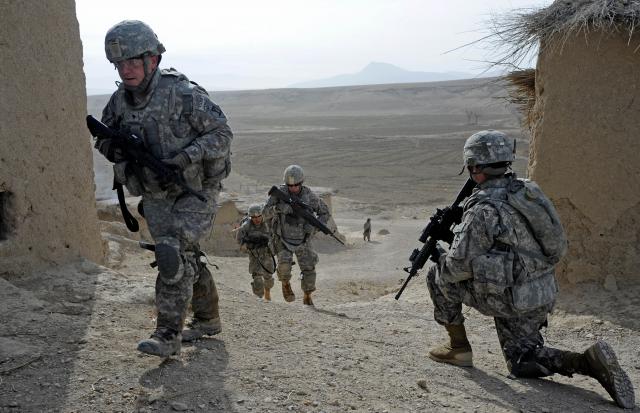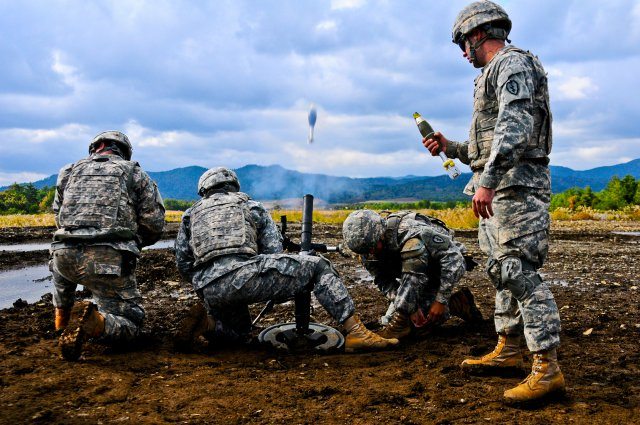Research advances in mental health and care provided for Soldiers is light years ahead of what it was during the beginning of the wars in Iraq and Afghanistan, the director of Army Medical Command told Congress.
Lt. Gen. Patricia D. Horoho, Army surgeon general, testified at a House Armed Services Military Personnel Subcommittee on Mental Health Research, April 11.
She provided an illustration during her opening remarks:
On June 2, 2009, Staff Sgt. Paul Roberts was deployed to Afghanistan. During a combat patrol, his vehicle hit an improvised explosive device, resulting in the death of the driver, gunner and interpreter and complete destruction of the vehicle.
Roberts was the only survivor, but barely.
His injuries included third-degree burns over his wrist and legs, second-degree burns on his arms and face and traumatic brain injury.
“Due to years of medical research and investments made in combat trauma, psychological and physiological health, Roberts recovered from his physical and invisible wounds,” she said, adding that he was medically retired and had successfully transitioned to civilian life.
From 2001 to 2006, funding for research in psychological health, including traumatic brain injury, or TBI, and suicide, totaled just $83 million, she said, thanking Congress for their financial support over the years.
Then things began to turn around “as the impact of invisible wounds became increasingly evident,” she said.
Over the last several years, Congress significantly increased funding for research, she continued, providing $1.4 billion, which paid for some 900 important studies.
The result of TBI research findings “directly affected policy and changed the way military acute concussion evaluations are used and administered in the deployment environment, resulting in a 98 percent return-to-duty rate,” she said.
Army medicine has been able to identify the unique biological effects of TBI, she continued. The service is now working on using that research to provide medics with the knowledge they need to administer simple tests to detect TBI, combat stress and post-traumatic stress disorder in remote theater areas.
Combat stress teams are now embedded in Afghanistan where they are most needed by Soldiers, she said, in reply to a lawmaker’s question about the quality of care within combat zones.
These embedded behavioral health experts are “able to have a habitual relationship to the unit leaders and can talk to Soldiers in private after hours” if they are hesitant to do so near their fellow Soldiers, she said.
These embedded teams have “demonstrated significant reductions in key behavioral health measures while knocking down access barriers and stigma,” she added.
Besides the embedded health teams, she said chaplains provide another level of mental and spiritual health.
There’s also been a huge increase in tele-behavioral health care, which is the use of information technology to provide distant medical care on the battlefield.
“There’s been a 780 percent increase in tele-help over the last several years and there are now around 7,700 behavioral health appointments per day in theater,” she said.
Another aspect of care is the “resiliency centers,” where Soldiers can go for seven to 14 days to relieve their stress, she said.
In closing, Horoho said “military medicine is at an important crossroad. We need to help Soldiers deal with consequences of war long after the last Soldier departs Afghanistan.
“Our commitment to support wounded warriors and their families must never waiver. Programs of support must be sustained for the long road,” she said.











